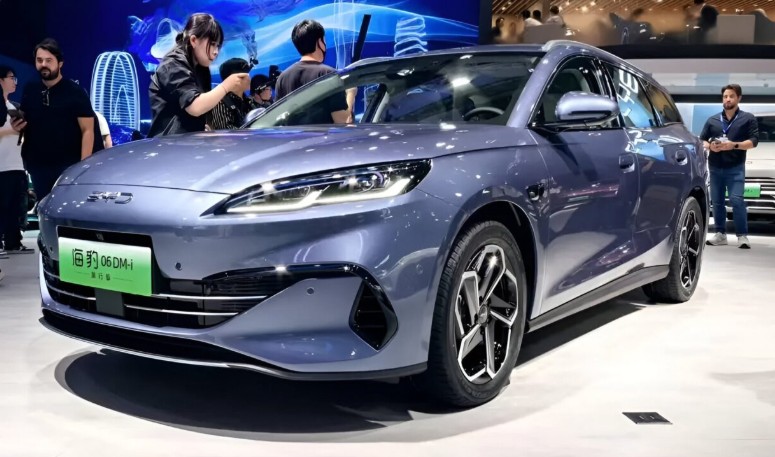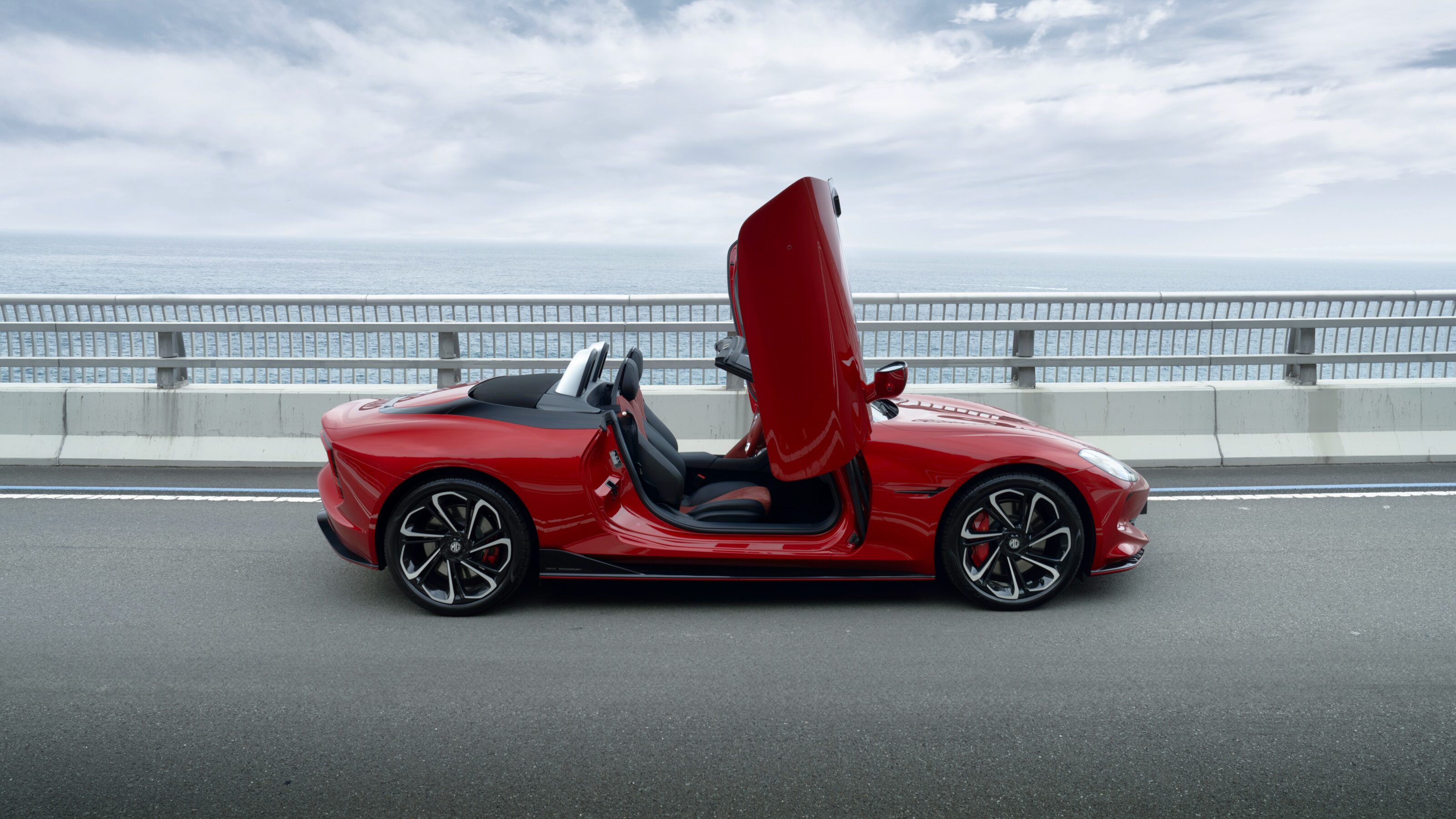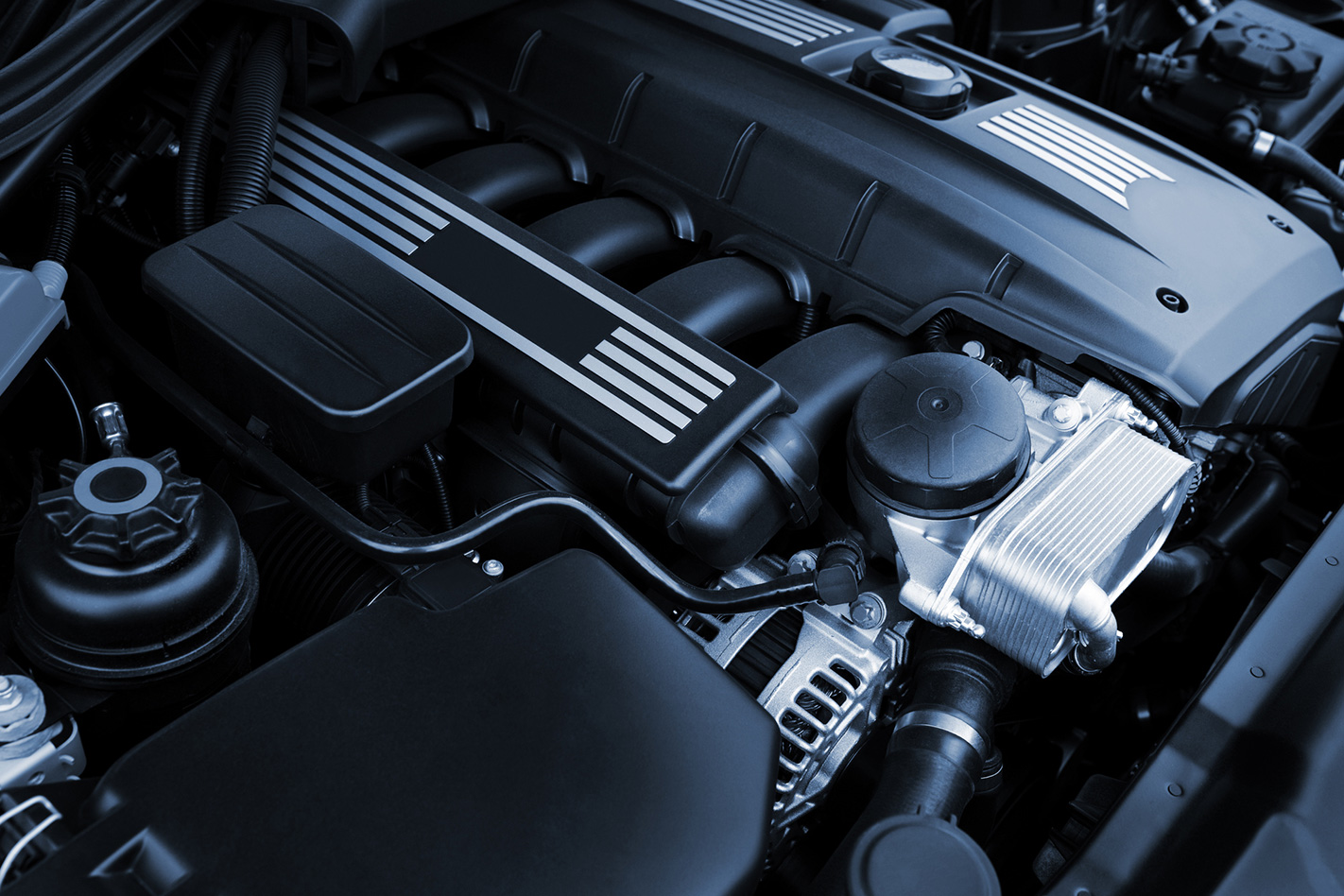
UPDATE, June 9, 2022: European Union ICE ban upheld, set to come into effect by 2035
Proposed amendments to the European Union’s plan to ban the sale of new internal combustion engine-powered vehicles by 2035 have been voted down.
According to Automotive News, members of the European Parliament voted against a proposal to lessen the current goal of a 100 per cent reduction in emissions by 2035 to 90 per cent.
The report also states the EU lawmakers voted against an amendment which would allow manufacturers to purchase credits for synthetic and e-fuels, making projects currently underway from carmakers such as Porsche and the Japanese alliance of Toyota, Subaru, Mazda redundant.
While the EU plans to go carbon-neutral by 2050, Australia currently lacks a concrete emissions reductions strategy, with the new Labor Government having previously only announced its plan to reduce carbon emissions by 43 per cent before 2030.
The story to here
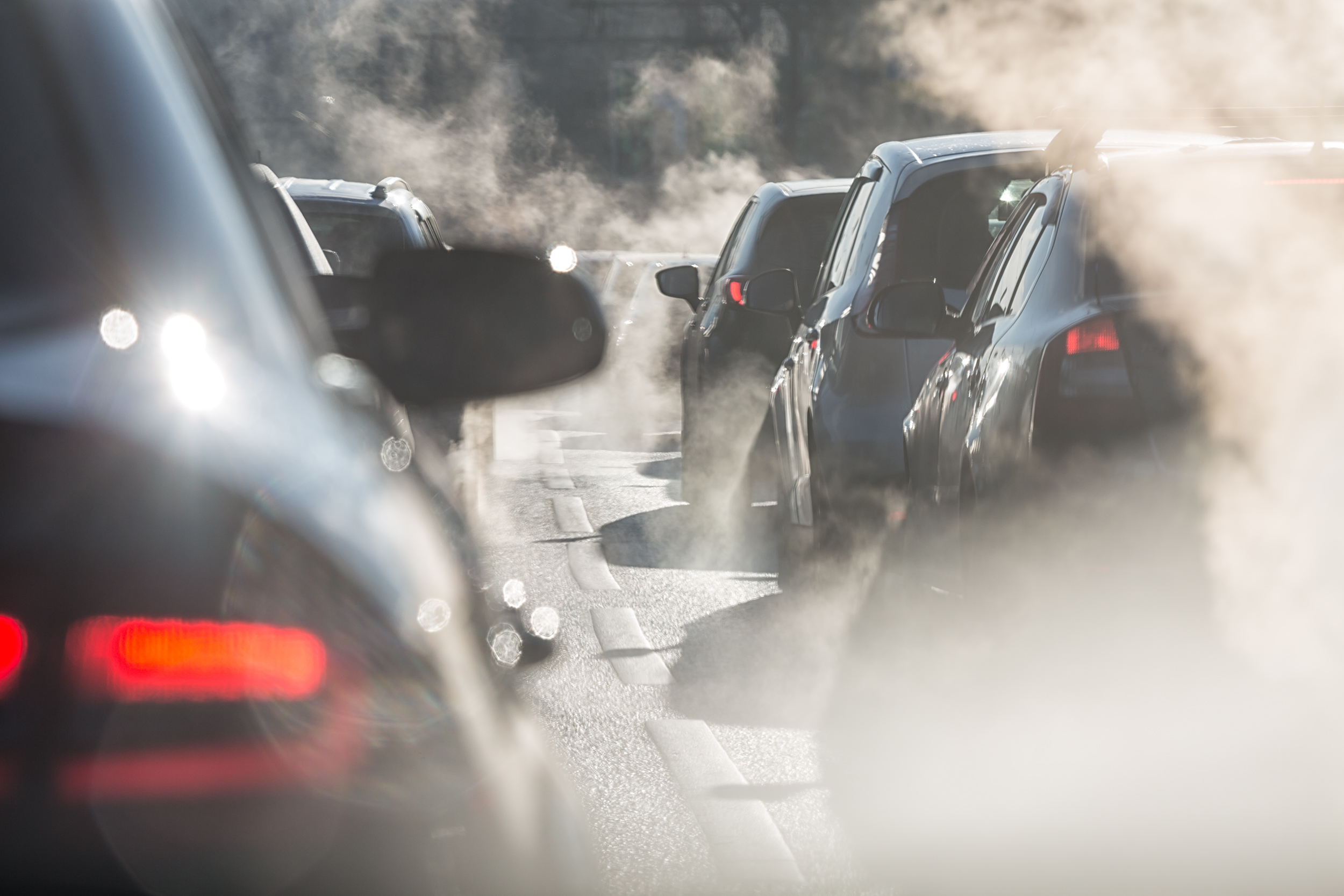
May 15, 2022: European Union one step closer to banning ICE vehicles
The European Union is getting closer to banning the sale of internal combustion engine-powered (ICE) vehicles by 2035, with the European Parliament backing the EU’s plan this week.
Last year, the EU proposed an effective ban of new ICE vehicles by 2035, with the plan then handed down to the European Parliament this week where lawmakers threw their support behind the target, per reports from Automotive News Europe.
While the proposal doesn’t explicitly prevent ICE-powered vehicles from being produced, the plan would result in a 100 per cent reduction in carbon emissions by 2035, effectively killing off fossil fuel-powered vehicles.
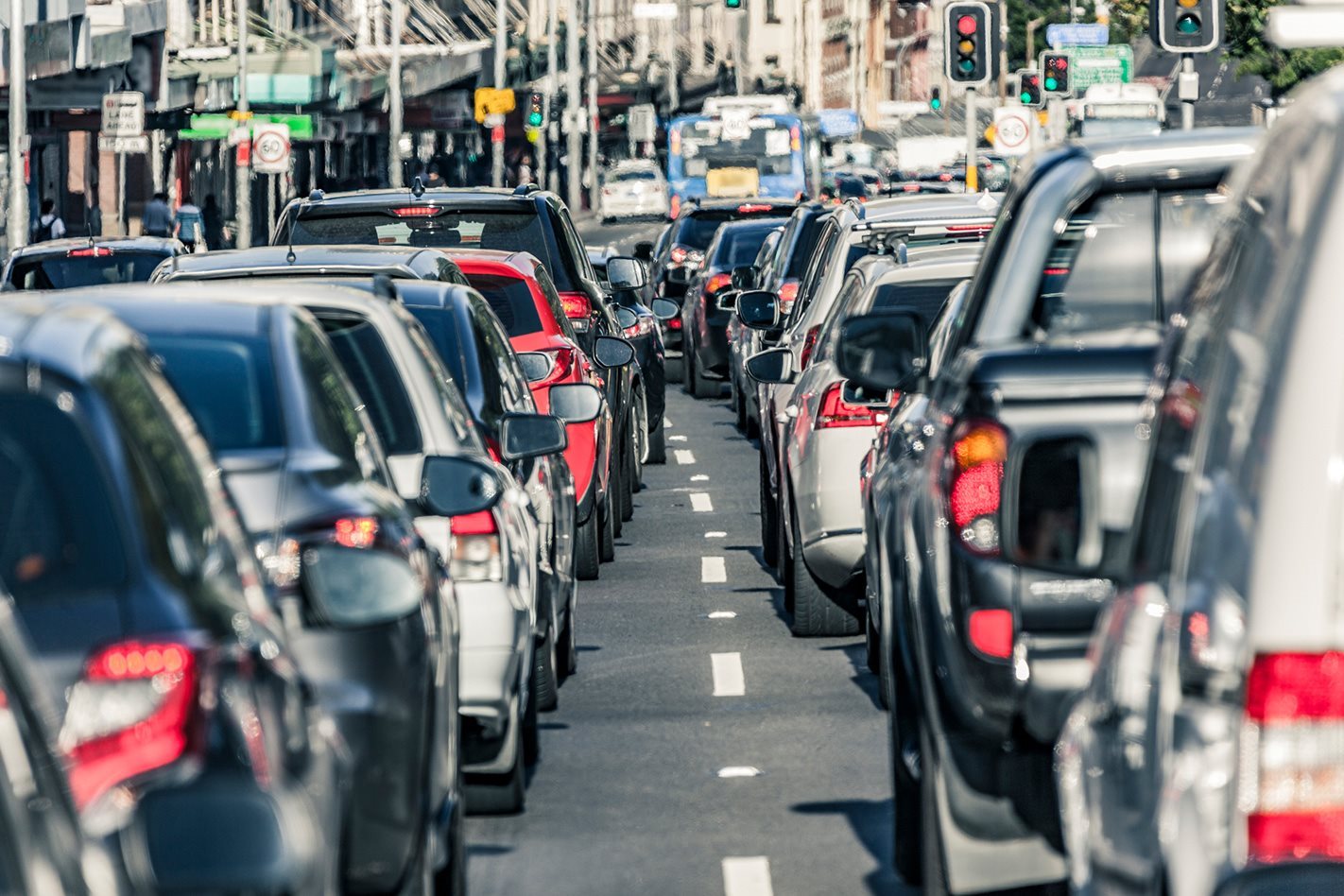
The clamp-down on emissions would result in electric vehicles (EVs) and hydrogen fuel-cell vehicles (HCEV) becoming the predominant choices in the market, with most European and international manufacturers introducing targets to ditch ICEs well before the 2035 cut-off.
However, ICEs might be thrown a lifeline in the form of hydrogen, with carmakers such as Toyota, Subaru, Mazda and Renault developing traditional combustion engines which utilise hydrogen rather than fossil fuels as their power source.
Porsche is also throwing its weight behind zero-emission fuels, announcing last month it would invest roughly $100 million to develop efuels with a production facility earmarked for Australia.
Australia currently has no specific policy relating to the banning of fossil fuels, reflected in last year’s net zero 2050 plan which had no mention of phasing out ICEs.
We recommend
-
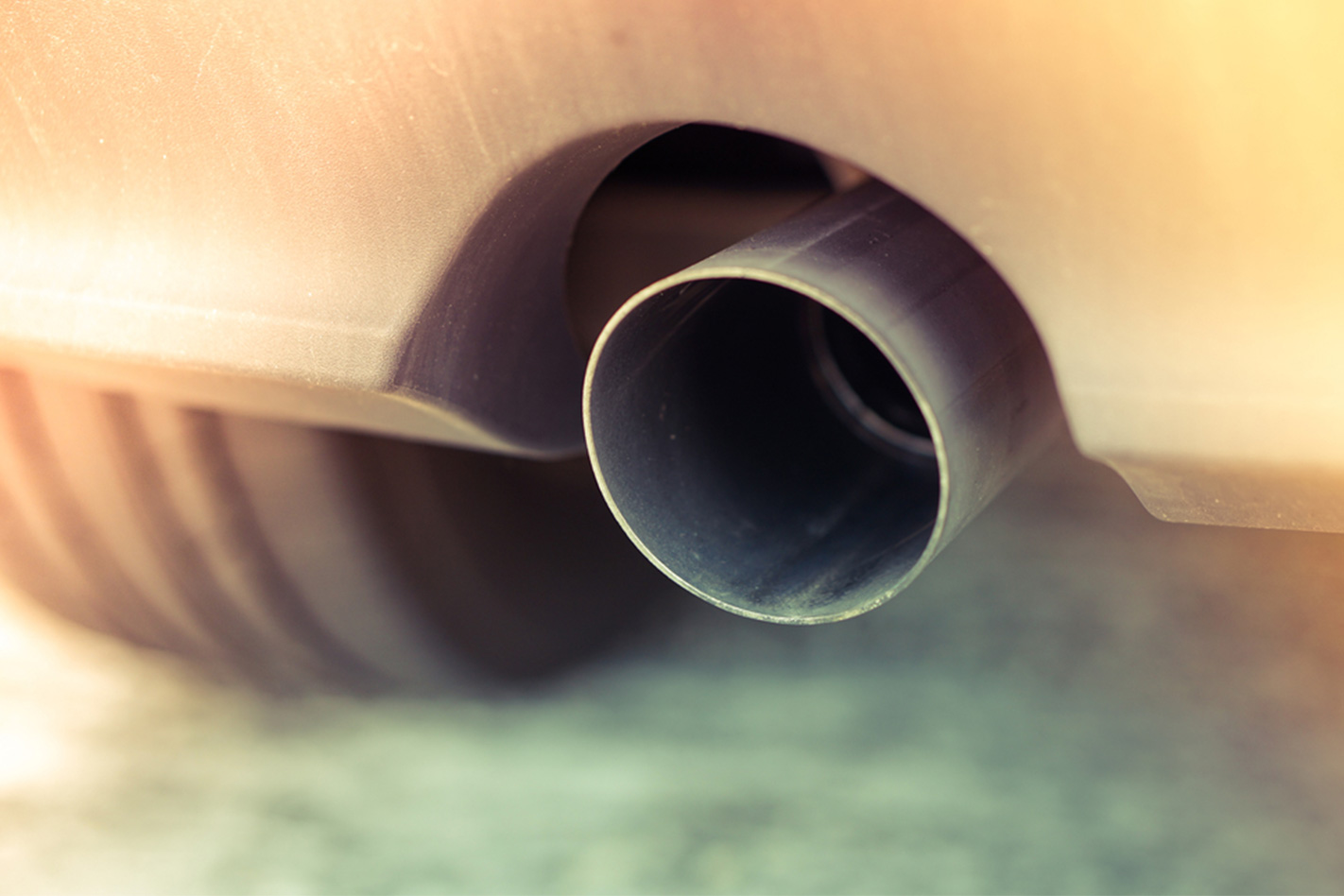 News
NewsEU officially proposes ban of ICE vehicles from 2035
ICEs on notice ahead of proposed ban in 14 years
-
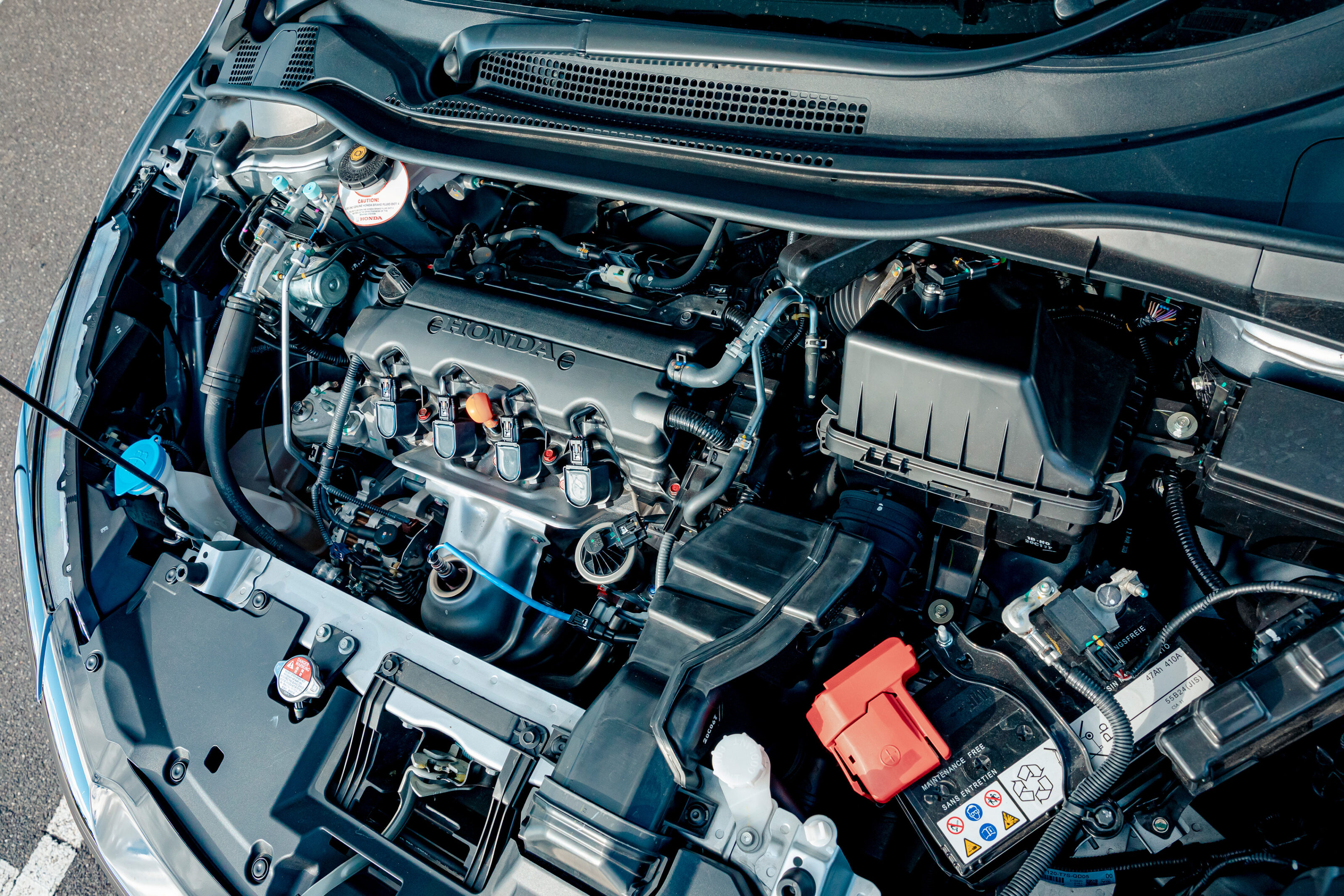 News
NewsAustralia needs to phase out ICE vehicles by 2035 to reach net zero by 2050 say experts
Grattan Institute report shows Australia needs to adopt EU ICE policy to reach net zero emissions goal by 2050
-
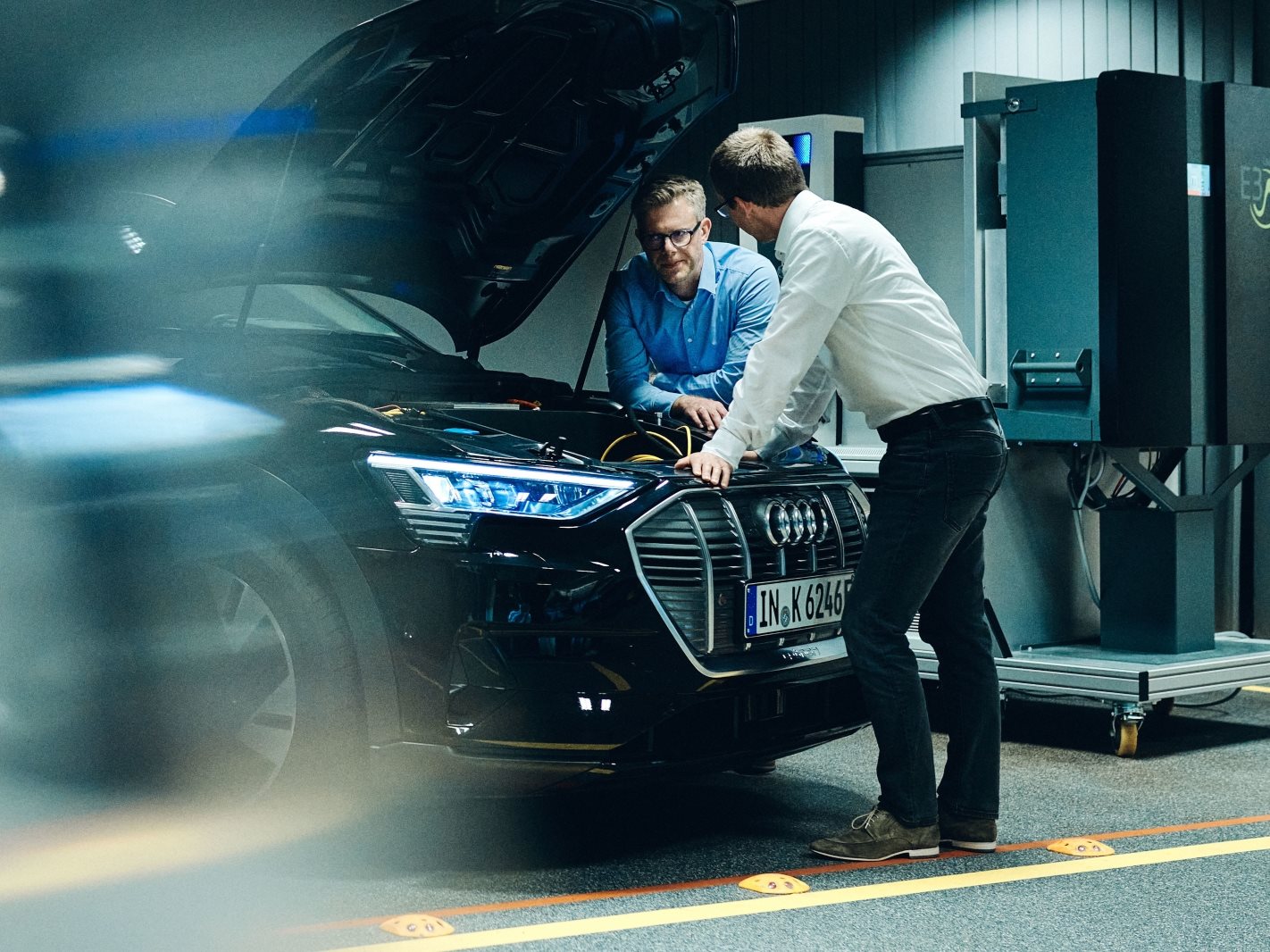 News
NewsThis is every Electric Vehicle strategy, brand by brand
From Audi to Volvo: Here's how the major manufacturers will transition into the electric age


